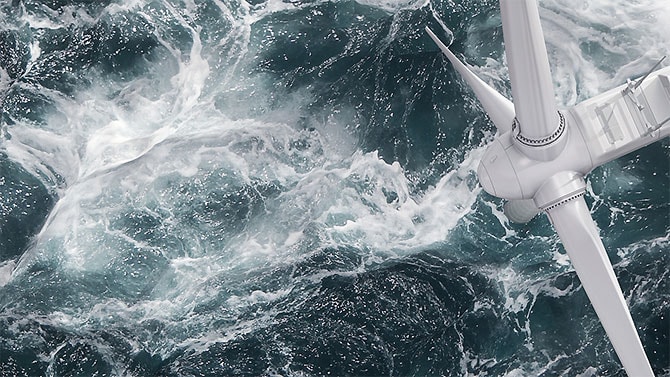
Breaking down silos for sustainable energy production - and consumption
04/09/20
Green Deal Monitor
The Green Deal, the European Commission's roadmap for a zero-emission, circular economy by 2050, requires us to change the way we produce and consume energy. This energy transition will only be possible if systems ('silos') are integrated into the energy sector. The European Commission recently presented its strategy for such system integration. The latest edition of the Green Deal Monitor focuses on this: how did the silos come into being, why do they need to be broken and which aspects need to be taken into account?

System integration is crucial for the energy transition
System integration focuses on issues such as connecting and optimising the infrastructure for the production, transport and storage of energy. It means connecting the different energy carriers - electricity, heat, cold, gas, solid and liquid fuels - with one another and with the end users. For many years our energy system has been built on different vertical value chains that exist side by side and closely connect specific energy sources with their specific end users. Petroleum products, for example, dominate as a fuel for transport and as a raw material for the industrial sector. Electricity and gas networks are planned and managed independently of each other. The aim of system integration is to optimise the energy system as a whole rather than making each individual sector low carbon and/or more efficient. The system as a whole plays a key role, not the specific components. Sector integration is crucial for energy transition.
Many challenges to achieve integrated energy system
The creation of an integrated European energy system is not going to happen overnight. The Green Deal Monitor emphasises that there are many challenges that governments and companies must overcome together. For example, sector integration requires huge investments and existing regulations often focus on the silos, but should instead facilitate integration. Moreover, companies and governments need to cooperate more. Companies must have the courage to think outside the box to come up with new ideas and be determined to bridge the "valley of death" when developing and testing new business models. They also need to broaden their perspective and find common ground to work together with other companies or organisations. 'Together they are able to meet challenges and attract funding for them', says the Green Deal Monitor.
Contact us


Energy - Utilities - Resources Industry Leader, PwC Netherlands
Tel: +31 (0)61 003 87 14

















